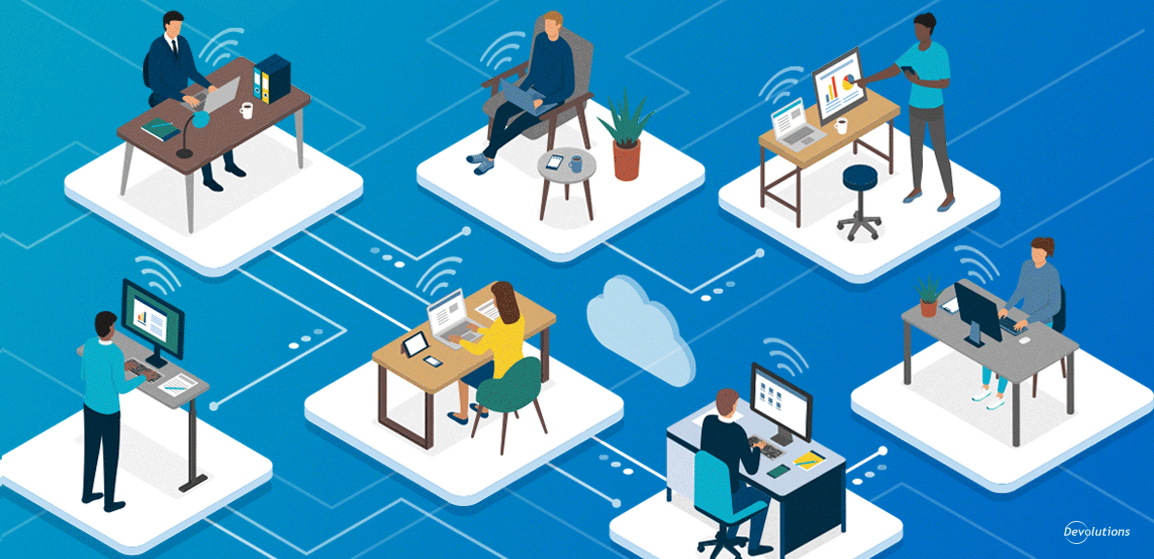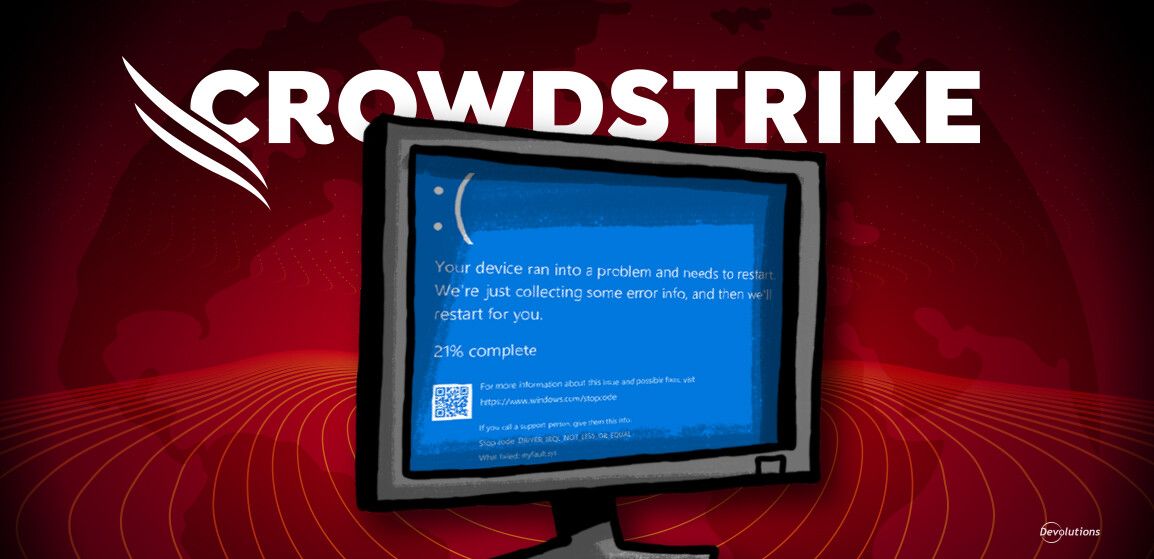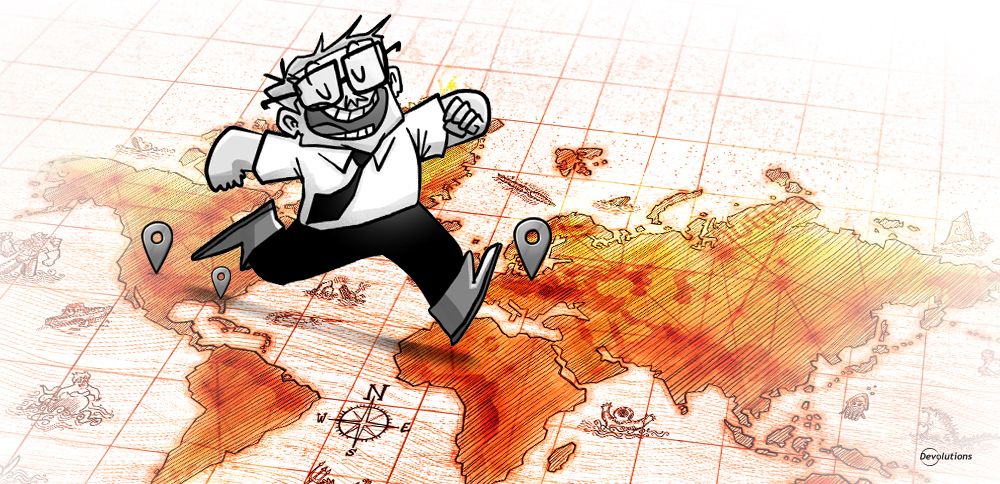Sooner or later (and hopefully it’s the former), the worst public health crisis that most of us have ever experienced will come to an end. But this doesn’t mean things will go back to the way they were. Yes, some aspects of our lives will be the same as they used to be. But others will be quite different — like how, when and where we work.
Here are five ways I expect the coronavirus pandemic to permanently change the work landscape:
1. Remote working will become essential
Although remote working has been growing in popularity over the last several years and some smaller firms and startups have a 100% remote workforce, before the coronavirus pandemic, it was typically viewed as an employee perk — like a gym membership, paid family leave, financial planning resources, and professional development opportunities.
However, looking ahead, we can expect remote working to be viewed as an essential expectation, as well as a critical competitive advantage that enables companies to succeed and grow. Indeed, we are already seeing this shift. A survey by Gartner has revealed that 74% of CFOs plan on assigning some employees to remote work on a permanent basis once the crisis ends. Chris Herd, the CEO of Firstbase, which provides tools for remote workers, put it more bluntly in a recent article that has generated more than 100,000 likes and over 2,000 comments: “Companies that adopt remote work will replace every company that doesn’t.”
2. Virtual conferences will go mainstream
Virtual conferences (and events, expos, and so on) aren’t new. They’ve been around in one form or another for several years. However, the lockdown has brought them into the spotlight — and once the crisis ends, they will stay in the mainstream. There are several reasons for this, the most notable being significant cost savings for hosts, sponsors and attendees. In addition, virtual conferences have the ability to bring people together who might otherwise not connect at a conventional in-person conference.
Of course, this doesn’t mean that in-person conferences will become extinct. They will continue to play an important role. But they will co-exist alongside virtual conferences and may in some cases be replaced by them. For example, Microsoft has announced that all of its events will be virtual until at least July 2021.
3. Internal communication will become more enhanced and effective
One thing the crisis has put to the test is whether companies have strong or weak internal communication technologies and policies. Some companies are passing this test and are as productive as ever — or in some cases even more productive, as research has shown that 73% of people put more effort into their tasks when working at home vs. working in an office, and 39% of people complete tasks faster. On the other hand, many companies aren’t passing the test, and as a result they’re struggling with confusion and chaos. Yes, there are a lot of conversations taking place. But there is very little quality communication and focused collaboration happening.
Looking ahead, we can expect companies to pay much more attention to making internal communications enhanced and effective. Here at Devolutions, we have made some key improvements that have been well-received and are proving to be highly successful. For instance, we have started using online conference rooms to augment our communications via Discord and Slack. We have also increased the volume and frequency of online meetings, which is helping our remote team members stay informed and engaged. We are a very close-knit workforce that genuinely cares about each other, and while we’d all love to meet face-to-face (and play a few games of foosball or pinball!), regularly connecting online is the next best thing.
4. Remote worker security will become a top priority
In the past, for many companies — especially small businesses — remote worker security wasn’t a top priority. For example, little (if any) attention was paid to whether remote workers had secure home Wi-Fi networks; whether they had good and up-to-date anti-virus/anti-malware/anti-spyware protection on their home computer or laptop; whether they used strong passwords/passphrases for their personal accounts (which are often breached by hackers so they can steal data to help them invade corporate networks); and so on.
Well, now that hackers are aggressively targeting remote workers, we can expect this indifference and neglect to be replaced with attention and vigilance. This is good news for companies that need to keep their data, customers and reputation safe. And it’s good news for IT pros who won’t face as much pushback and non-compliance from remote working end users (I’d love to say that IT pros won’t face ANY pushback and non-compliance, but I want to be realistic here and not idealistic!).
5. The rise of instant remote support/remote desktop tools
We’ve witnessed the Rise of Skywalker. Well, now we’re going to witness the rise of instant remote support/remote desktop tools. Doing a screen share through Zoom or Skype isn’t enough to diagnose and fix problems, or to take care of updates/upgrades for end users.
The Bottom Line
Nobody has a crystal ball to know exactly what the future will look like. These are still very uncertain times. But it’s a very safe bet — I would even say a foregone conclusion — that when we finally reach a new normal on the work landscape, it will be dominated by all of the above.
What’s Your View?
Is your company seeing any, some, or all of these shifts and trends? What else do you see happening in the months and years ahead? Please share your experience and opinions by commenting below.




